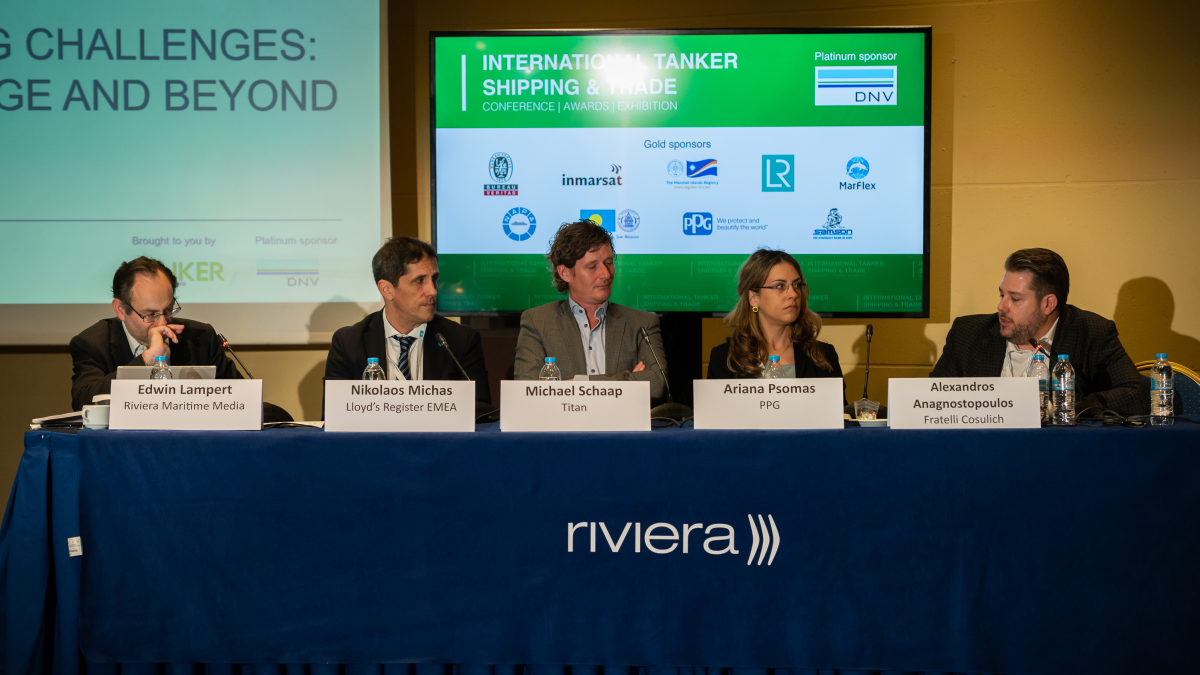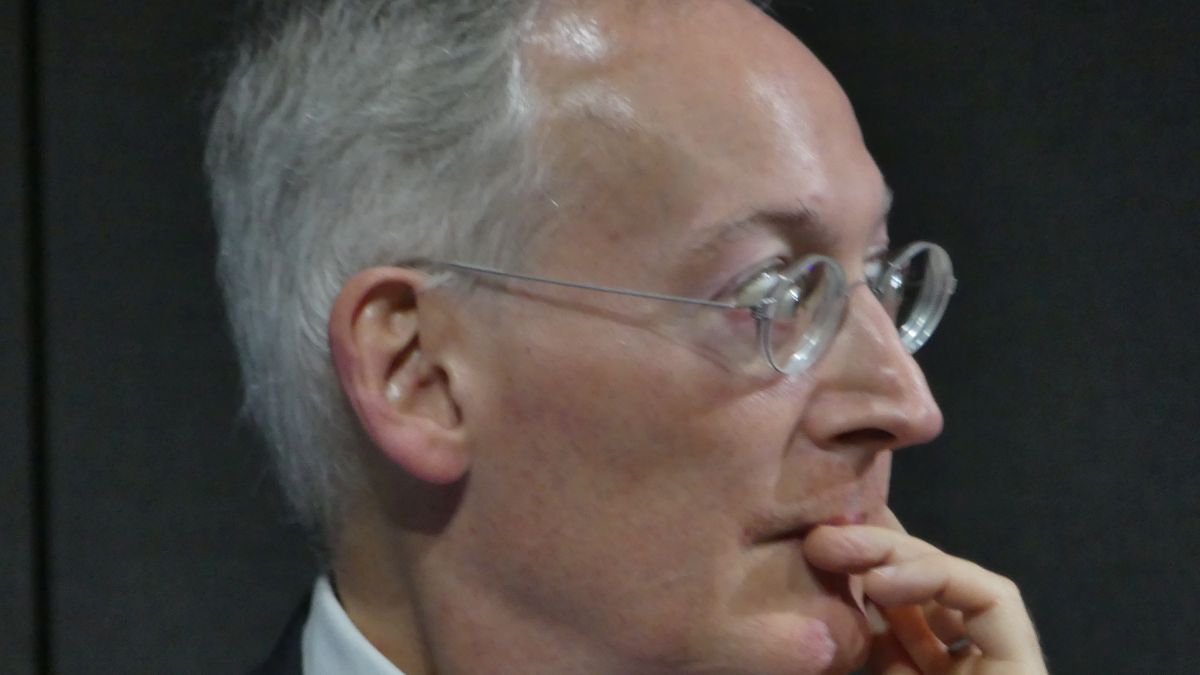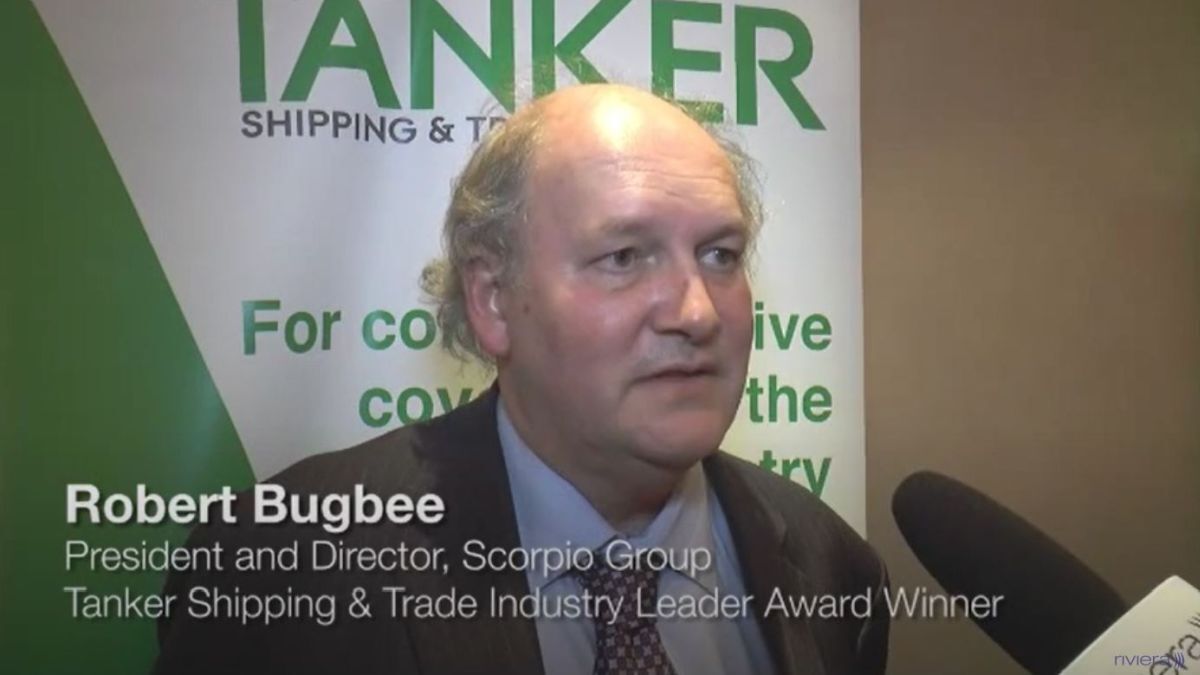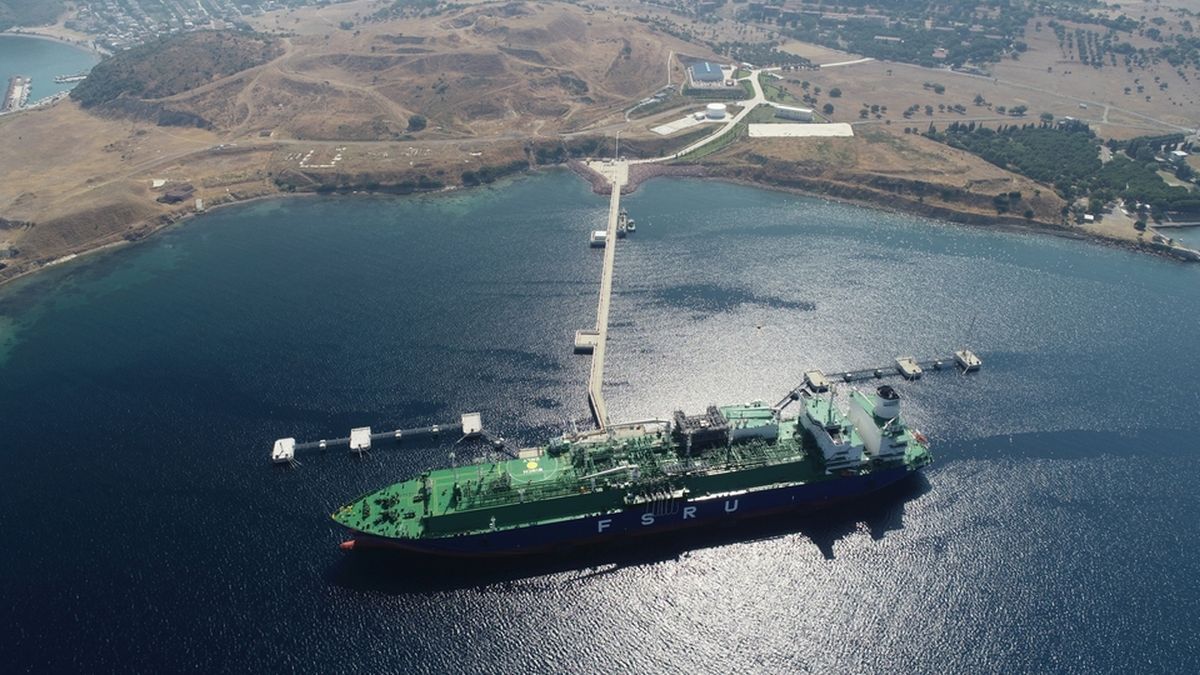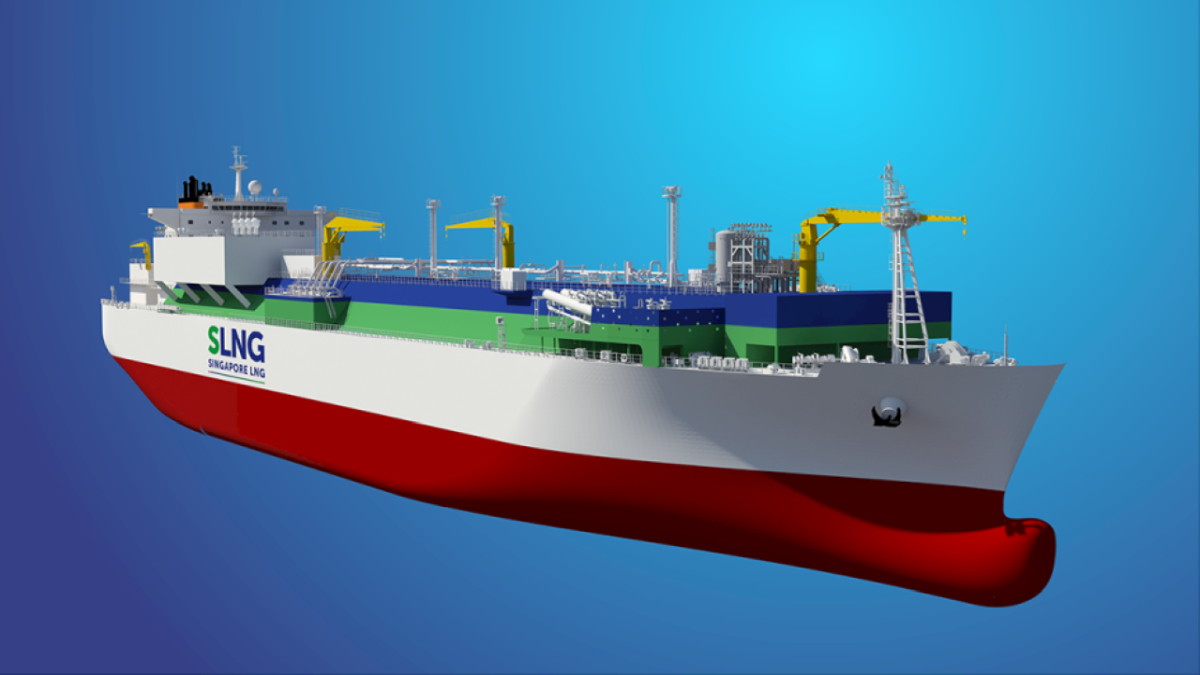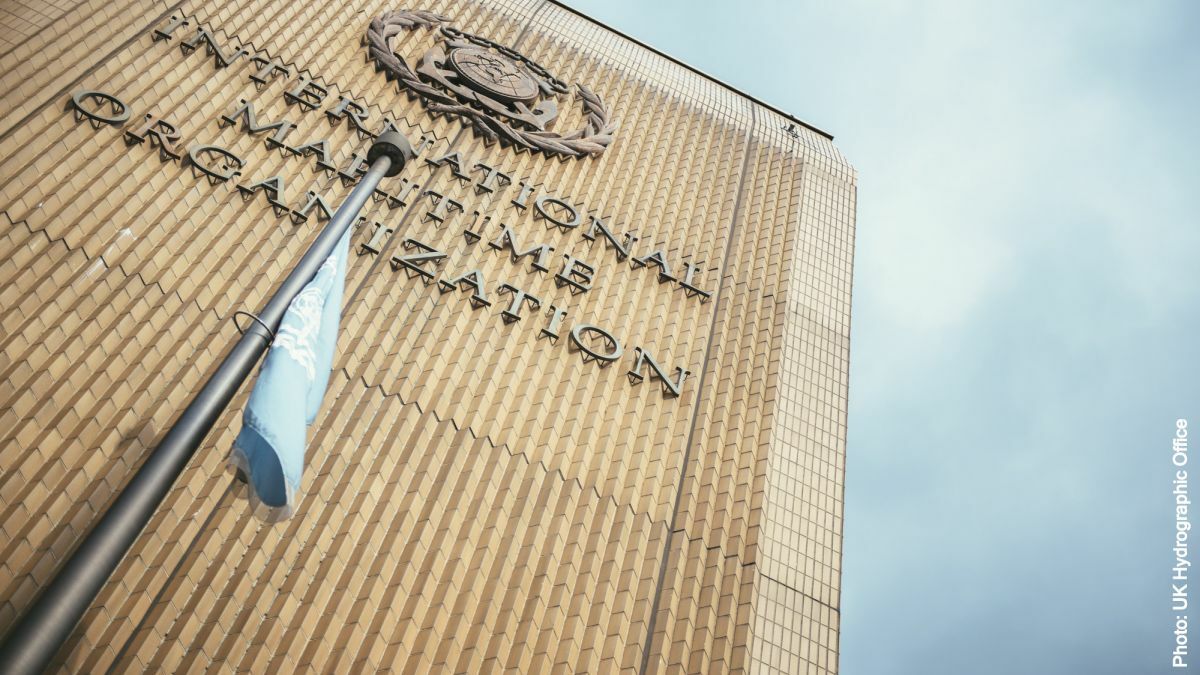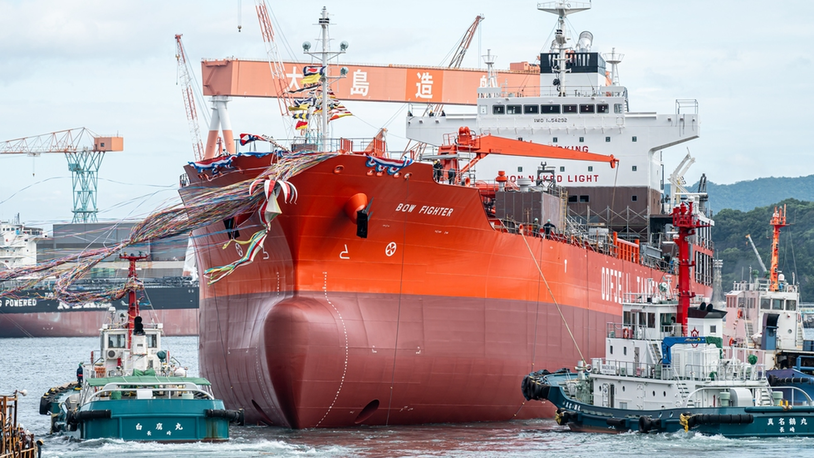Business Sectors
Events
Offshore Wind Webinar Week
Contents
Register to read more articles.
Creating infrastructure for LNG as a marine fuel
Supply chain transparency and the potential for a spot LNG bunkering market came under scrutiny at the recent Tanker Shipping & Trade Conference, Awards & Exhibition 2023
Taking part in the Spotlight on bunkering challenges: infrastructure, storage and beyond session, during November’s Tanker Shipping & Trade Conference, Awards & Exhibition 2023, held in Athens, were Fratelli Cosulich senior international marine trader fuels Alexandros Anagnostopoulos, and Titan commercial director marine Michael Schaap.
Both are in partnership in the LNG bunkering business through Alice Cosulich, an LNG bunkering vessel delivered in China in November 2023 and on the way to Europe. As the name implies, this is a Cosulich Group asset and is expected to enter service in December 2023.
Mr Schaap discussed the role of Titan as an LNG bunkering company and shared plans for the company to supply methanol and ammonia, which he considered the green part of the LNG industry.
“Smaller companies may have potential credit complications if a spot LNG bunkering market was to develop”
He stressed the importance of choosing the right fuel, saying this will have a significant impact on costs. He mentioned issues around switching from conventional fuels to LNG, stating that LNG is ideal for bigger ships, while smaller vessels may find the capital expenditure for the LNG system too high.
He briefly discussed Titan’s history, stating that the company has been in operation for eight years, primarily in Europe and commenced deliveries of LNG using trucks.
“There were no [LNG bunkering] vessels at the time,” he said, “so we sometimes provided 12 trucks into one vessel. That was very time consuming - you need to go to a lay-by and that is far from ideal. Now the market has matured and we hardly perform any truck-to-ship operations.”
Another consequence of that maturing market is the recent focus on bio-LNG developments, and he announced that Titan is developing a bio LNG project in the port of Amsterdam.
Mr Schaap discussed Titan’s commitment to transparency in its supply chain, and the assurance of sustainability in sourcing feedstocks for bio-LNG production. He added that in any business case analysis, LNG must be compared on an energy-equivalent basis, not on the delivered US$ per tonne.
“LNG is ideal for bigger ships, while smaller vessels may find the capital expenditure too high”
He also provided some insight into the situation when LNG prices soar, and owners switch to running vessels on the pilot fuel, marine fuel oil, exclusively. When this happened following the surge in LNG prices, Titan switched its own two multi-gas vessels out of the LNG bunking sector.
Mr Anagnostopoulos said that his company had invested heavily in LNG bunkering barges, including the aforementioned Alice Cosulich, which is operated by Titan.
The plans for the company include moving one of its LNG bunker barges to Malaysia. He added that a lot of work has also gone into considering biofuel bunkering, including bio-LNG and ammonia and methanol. He said ammonia and methanol bunker delivery is on hold until there is a clearer picture of demand for clients.
On the trading side, the company is in a similar position when it comes to ammonia and methanol, but Fratelli Cosulich is able to provide trading if required by customers.
Both Mr Schaap and Mr Anagnostopoulos acknowledged the potential development of a spot LNG bunkering market, with Mr Anagnostopoulos identifying that smaller companies may have potential credit complications if such a market was to develop.
Related to this Story
Events
Offshore Wind Webinar Week
Maritime Decarbonisation, Europe: Conference, Awards & Exhibition 2025
Offshore Support Journal Conference, Americas 2025
© 2024 Riviera Maritime Media Ltd.


